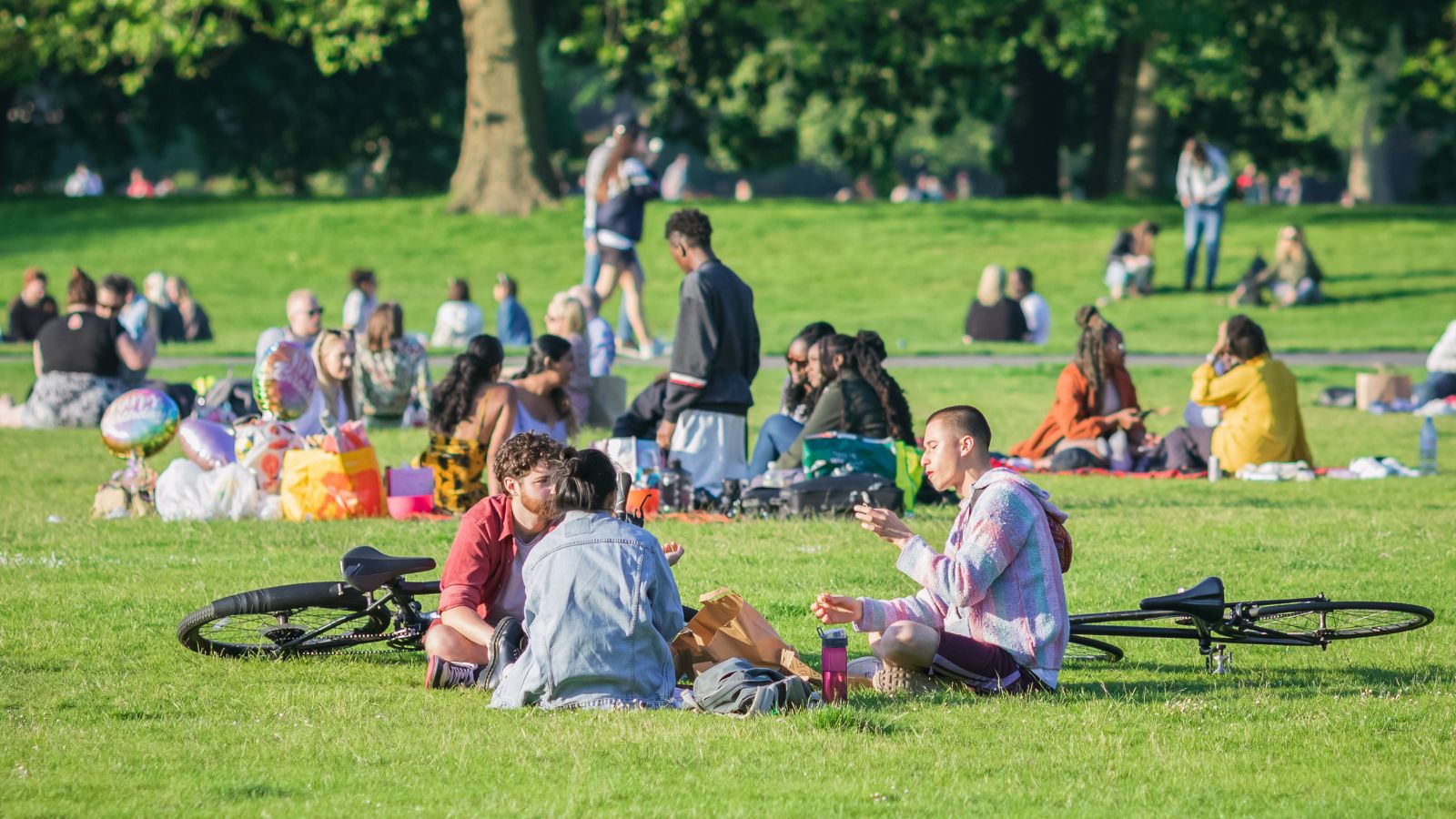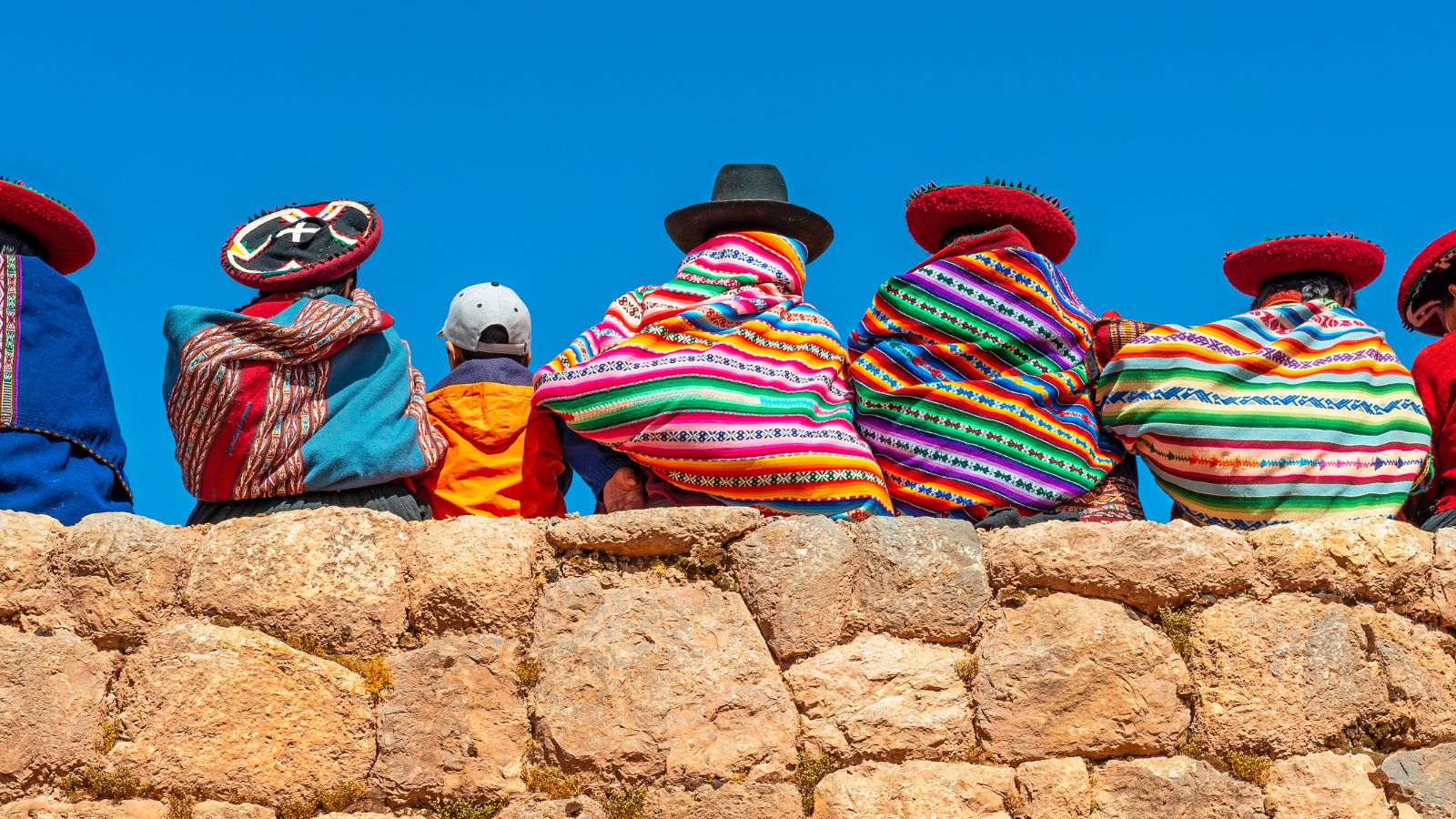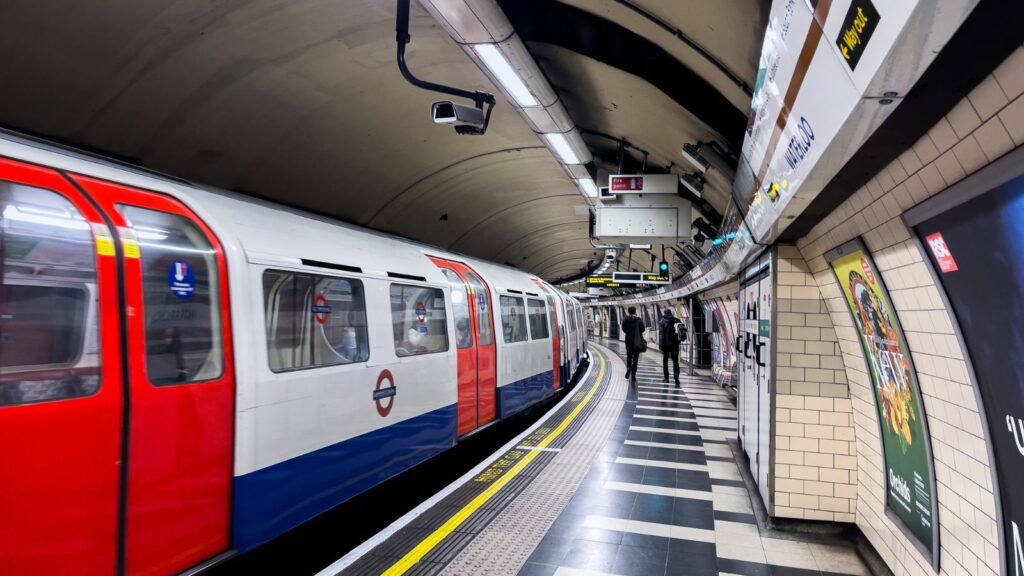Happiness can look different depending on where you live, and for many, it’s found in the little things, safety, community, fresh air, and kindness. While Canada isn’t often the loudest country on the global stage, it’s quietly built a reputation for offering an exceptional quality of life. From natural beauty to inclusive policies, there’s a lot working in its favor. Here are 24 reasons Canada might actually be the world’s happiest country.
Universal Healthcare That Reduces Stress

One of the greatest contributors to peace of mind is knowing you’re covered in an emergency. Canada’s public healthcare system ensures that citizens don’t go bankrupt over a broken arm or a chronic illness. While it’s not without its wait times and flaws, it still beats the fear of unpayable bills, and that relief alone creates a strong foundation for long-term happiness.
A Culture of Politeness and Civility

Canadians are famously polite, and this isn’t just a stereotype—it genuinely shapes the culture. Small acts like holding the door, saying sorry, and giving each other space on public transit create a smoother day-to-day experience. You won’t often see public blowups or unnecessary drama. Kindness becomes a habit, and that habit sets a tone for life.
Unmatched Natural Beauty

From the Rocky Mountains to the Atlantic coast, Canada has some of the most jaw-dropping scenery in the world. There’s something therapeutic about walking through forests, paddling on glassy lakes, or watching northern lights dance across the sky. People here are never far from a breathtaking view as nature feeds the soul, and in Canada, it’s everywhere.
Low Crime Rates and High Safety

Canada is consistently ranked as one of the safest countries to live in. Crime rates are relatively low, and communities often feel secure enough for kids to play outside unsupervised. The result is a greater sense of trust in neighbors and institutions. Safety might not be flashy, but it’s essential for happiness.
Access to Clean Water and Air

Clean air and fresh drinking water are basic human needs that not everyone can take for granted, but in Canada, they’re the norm. The country’s massive freshwater reserves and low air pollution levels offer a healthier lifestyle across the board. That environmental security translates to both physical and mental well-being. Breathing freely feels good, in every sense.
Strong Public Education System

Canada’s public schools are well-funded, and education is seen as a right rather than a privilege. Students benefit from inclusive curriculums, experienced teachers, and programs that support learning differences. Higher education is also more affordable than in many other countries.
Stable Government and Democracy

While politics are never perfect, Canada’s democratic institutions are relatively stable, transparent, and trusted. Corruption is low, elections are fair, and the political climate, while polarized at times, doesn’t usually turn chaotic. When people feel their voices matter, they tend to feel more optimistic and trust in leadership matters more than we often realize.
LGBTQ+ Inclusivity and Rights

Canada is a global leader when it comes to LGBTQ+ rights. Same-sex marriage has been legal since 2005, and there are comprehensive anti-discrimination laws in place. Queer people often find supportive communities, especially in urban centers. The freedom to be yourself without fear is a huge contributor to happiness.
Multiculturalism as a Strength

Canada doesn’t just tolerate diversity, it celebrates it. With people from all over the world calling it home, multiculturalism is seen as a core national value. Cultural festivals, diverse neighborhoods, and inclusive policies create a rich, layered society. Feeling welcomed and accepted adds depth to a person’s sense of well-being.
Public Parks and Green Spaces Everywhere

Whether you live in Toronto or a small town in Nova Scotia, chances are you have access to a clean, safe park. Canada’s cities are designed with livability in mind, offering trails, bike paths, and lakeside views even in urban areas. Spending time in green space reduces stress and improves mood and it’s an underrated but powerful happiness factor.
Work-Life Balance is Valued

Canadians generally place a high value on life outside of work. There’s respect for weekends, family time, and the occasional mental health day. Vacation policies are better than in many countries, and the push for flexible work is gaining traction, resulting in less burnout and more balance.
Mental Health Awareness is Growing

Mental health used to be a taboo topic, but that’s changing fast in Canada. Schools, workplaces, and healthcare providers are making space for open conversations about depression, anxiety, and well-being. While access can still improve, the culture around support is increasingly compassionate and people are learning it’s okay not to be okay—and to ask for help.
Four Distinct Seasons to Enjoy

Canada’s changing seasons bring their own kind of joy. From vibrant autumn leaves to snowy winter days perfect for skiing, each part of the year has something special. Spring brings renewal, and summer bursts with festivals and lake days. That variety keeps life interesting and gives people something to look forward to year-round.
Accessible Public Transportation

In many urban centers, public transportation is clean, reliable, and easy to use. Whether it’s Montreal’s metro or Vancouver’s SkyTrain, people have options that reduce commute stress and car dependence. Transit is also increasingly accessible to people with disabilities so that getting around without hassle makes daily life smoother.
A Generous Culture of Volunteering

Canadians volunteer at high rates, whether it’s helping out at food banks, coaching sports, or organizing community events. This spirit of giving builds strong social ties and creates a sense of purpose. Volunteering also has proven psychological benefits, boosting happiness and lowering stress and giving back is part of the national DNA.
Freedom of Expression and Press

Canada has strong protections for free speech and journalism. Media outlets cover a wide range of opinions, and citizens are encouraged to voice their beliefs. This open dialogue is essential in building trust and civic engagement, with the feeling of being heard contributing fulfillment.
Focus on Environmental Stewardship

More and more Canadians are making sustainability a priority, from banning plastic bags to expanding conservation zones. This shared responsibility for the environment strengthens community bonds and provides hope for the future. People feel better when they know their country is trying to do the right thing, as caring for the earth is caring for each other and working towards a common goal.
Arts and Culture Funding

The government invests in the arts through grants, festivals, and public programming. This support keeps theaters open, museums thriving, and local talent nurtured. Canadians are exposed to a wide range of cultural expressions, both traditional and modern, with creative expression bringing joy and connection.
Low Homelessness in Smaller Communities

While homelessness is an issue in larger cities, many smaller Canadian communities have managed to keep rates low through supportive housing programs and outreach. These localized efforts show the power of community care. Knowing your neighbors won’t be left behind builds trust and cohesion.
Bilingualism and Language Respect

Canada is officially bilingual, and this openness to French and English has created a culture that values linguistic diversity. In many regions, services are offered in both languages, and schools promote language learning. This fosters mutual respect and cultural curiosity. Communicating across differences builds bridges, not walls.
Family Support Policies

Maternity and parental leave policies in Canada are generous compared to global standards. Parents can take up to 18 months of leave, often with financial support from employment insurance. Childcare subsidies and family tax credits also ease the financial burden. Supporting families creates a stronger, happier foundation for everyone.
Respect for Indigenous Traditions

Though there’s still a long way to go in reconciliation, Canada is beginning to more openly honor Indigenous knowledge and culture. Land acknowledgments, cultural revitalization efforts, and legal recognitions are slowly gaining ground. When a country begins to value all its people and their history, healing and happiness follow and, in Canada, respect is a key part of national well-being.
Open Spaces for Quiet Living

You don’t have to live in a buzzing metropolis to have a good life in Canada. With vast rural areas, small towns, and coastal communities, there are countless places to live at a slower, quieter pace. People can choose peace without sacrificing access to essentials, a freedom of choice is a luxury not everyone has.
A Nation Built on Empathy

At its core, Canada is guided by an undercurrent of empathy. Policies, communities, and even casual conversations often reflect a concern for others’ well-being. It’s not about being perfect, it’s about caring, which may be just be the reason Canada might actually be the world’s happiest country.
22 Times Canadian Ingenuity Left the U.S. in the Dust

When people think of innovation, they often picture Silicon Valley. However, Canada has a history of innovation, too. Whether it’s redefining sports, revolutionizing medicine, or just showing America up at its own game, Canadian inventors, thinkers, and dreamers have had their fair share of mic-drop moments. Here are 22 times Canadian ingenuity left the U.S. in the dust.
22 Times Canadian Ingenuity Left the U.S. in the Dust
